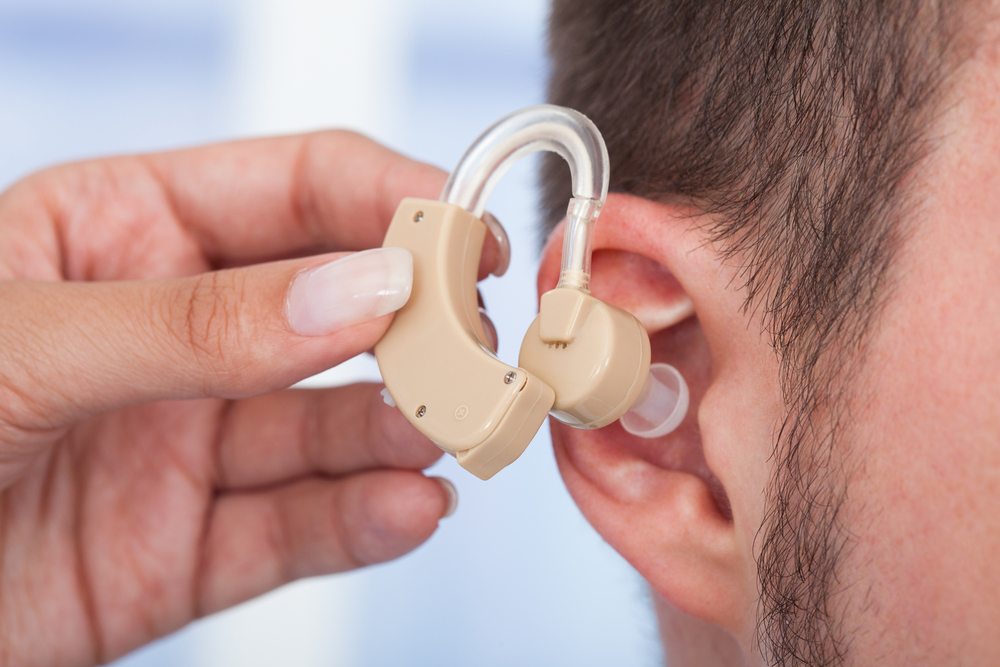
6 Tips to Get the Best Hearing Aids
Hearing aids are medical devices meant to improve the daily lives of those who struggle with hearing issues. Hearing aids can be divided into two main categories. Firstly, digital hearing aids convert sound waves into digital signals and then amplify them. Secondly, analog hearing aids convert sound waves into electrical signals.
When choosing hearing aids to serve your needs effectively, consider factors such as the cost, special features available, and your kind of lifestyle. The following tips will help guide your search:
1. Get a checkup with an audiologist
This is the first step you must take before purchasing your hearing aids. An audiologist will check the state of your hearing and take you through several hearing tests that will determine the degree of your hearing loss. Ultimately, they will recommend the style of hearing aid that is best for you. These tests will produce results on how you hear pitch and volume. The outcomes are crucial if your hearing aids are to be programmed to meet specific loudness and sound quality.
2. Know the different styles of hearing aids
Hearing aids come in different styles. First up are in-the-canal (ITC) hearing aids, which offer a less visible style compared to others and fit comfortably inside the ear canal. Secondly, completely-in-the-canal (CIC) hearing aids fit inside an ear canal for a completely invisible style. Lastly, behind-the-ear (BTE) hearing aids are custom-fitted to match your ear canal with a hook over the top part of your ear.
3. Ask about free trial periods
Before you purchase hearing aids, it is important to ask whether your provider has a free trial period you can take advantage of. A trial period allows you to pick your preferred hearing aid and test it out at home before making an informed purchasing decision.
4. Consider what’s covered by Medicare or insurance
When purchasing a hearing aid, check if you qualify for monetary assistance. Your health coverage option might not fully cover the cost of a hearing aid, but you can check with your plan to be sure. Some health plans offer discounts and allowances toward the purchase of hearing aids under different providers.
5. Ensure the hearing aid has a warranty
Hearing aids come with different kinds of warranties. There is a manufacturer’s warranty as well as a service warranty. You need to understand what the warranties cover or do not cover. A manufacturer’s warranty deals with repairs, loss, and damage, while a service warranty may include office visits and battery supplies.
6. Consider only paying for the technology you need
The technology for hearing aids has vastly improved over the last few decades. Wireless rechargeable hearing aids such as the Eargo wireless hearing aids are an example of the latest innovations. While hearing aids might come with a variety of features, only pay for the features you’ll actually use. Hearing aids are an investment, so do your research before making a purchase.
Studies show that a considerable number of people suffer from some degree of hearing loss. With the right hearing aid, you can resolve your hearing challenges and resume your normal life.


